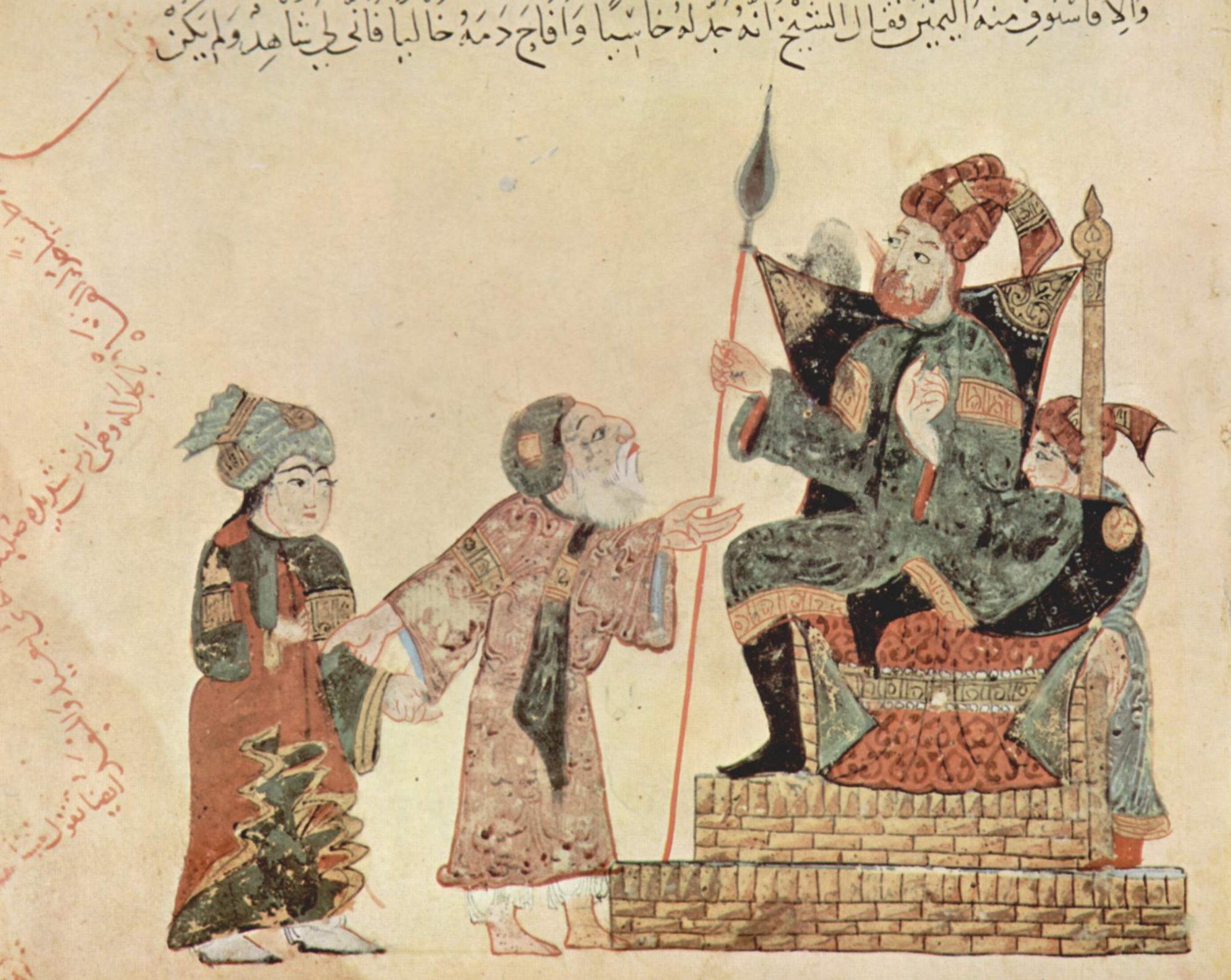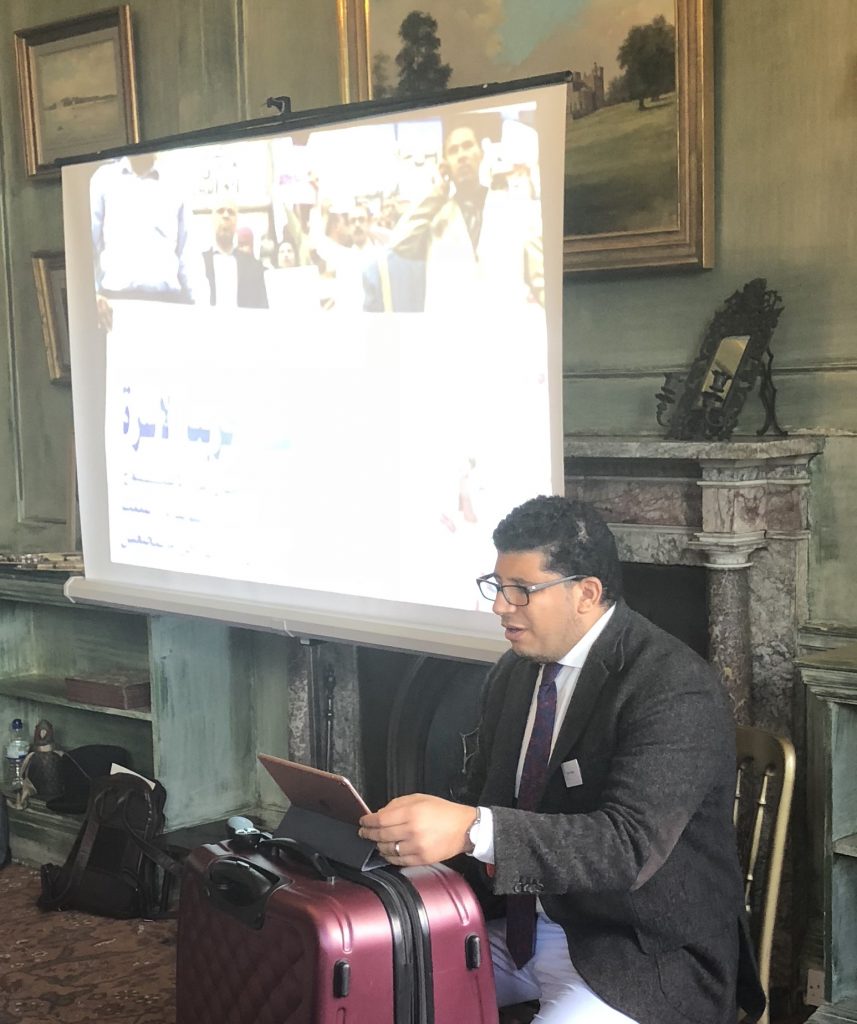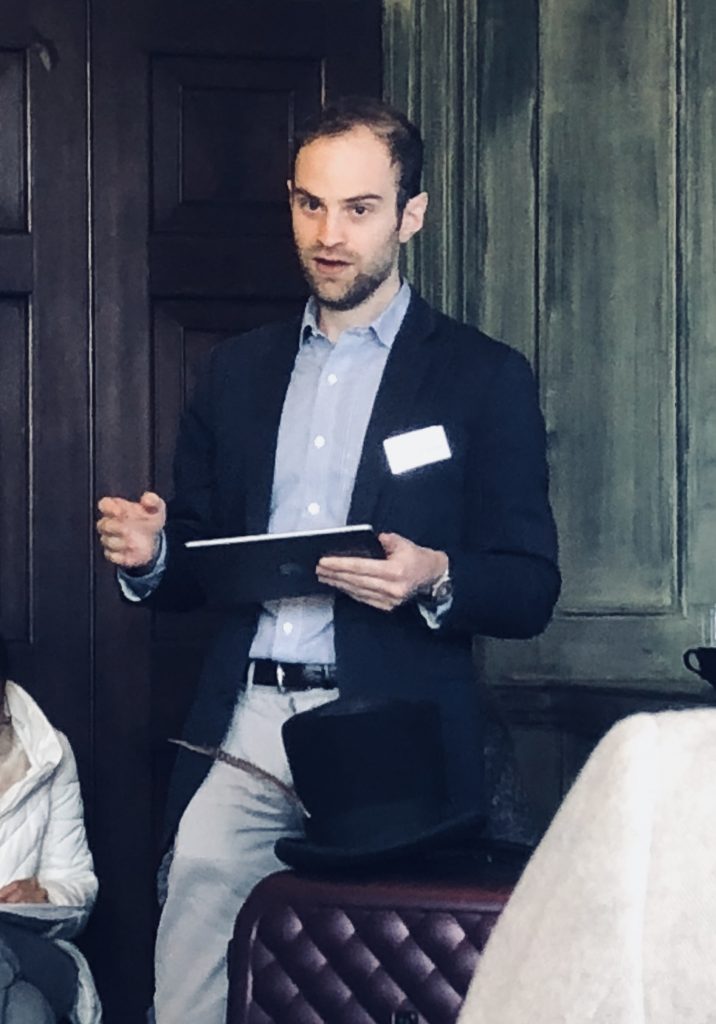The project held its major international conference at the University of Exeter, 27th - 29th September 2018. The programme is available here.
The USPPIP project gathered for its final major event in Exeter – the conference “Uses of the Past in Islamic Law”. This was a major event, with an international array of experts in Islamic law – including not only the project team, but also speakers from the Netherlands, Austria, Turkey, Finland, Norway, the USA, Qatar, Lebanon, Oman, India, Indonesia and Iran.
The papers addressed how the past is invented and instrumentalised to support and push forward legal reforms and decisions in numerous contexts. The details and the richness of the papers cannot be repeated here.
What were the general theoretical insights these many contributions made? It is clear that most overt uses of the past in Islamic legal discussions are of a “created” past. Some legal discussions imagine a past where legal decisions were made without the influence of context – a sort of pure legal vacuum where rules emerge from canonical sources by a sort of magical process with no human involvement. This legal fiction enables contemporary legal actors to claim authority for their decisions, distancing their own interpretive effort from the end result. A more creative use of the past is an engagement with the “messiness” of the past Islamic legal discussions. One often finds contemporary Islamic legal actors exploiting the difference of opinion between past jurists on particular issues to demonstrate that a new opinion is somehow eligible for consideration. In proposing this new opinion, the actors claim they are simply continuing the tradition of challenging established legal doctrine and exploring all possible legal opinions before decisions on the appropriate one for the current time. These two popular uses of the past (and there are other less common mechanisms for employing the past) were exemplified through a series of case studies able and entertainingly presented by the participants. We are exploring how these insights can be fed into USPPIP publications.
Rob Gleave, University of Exeter - USPPIP Project Lead



